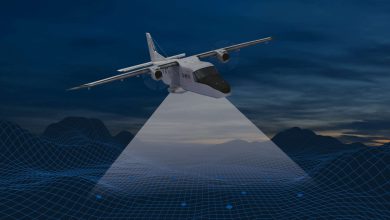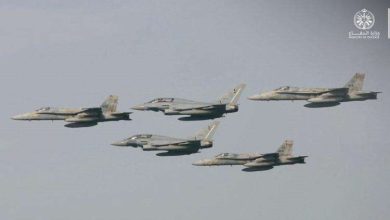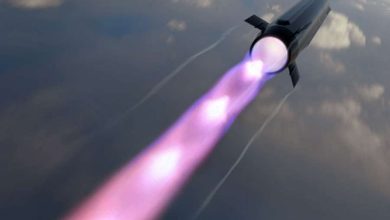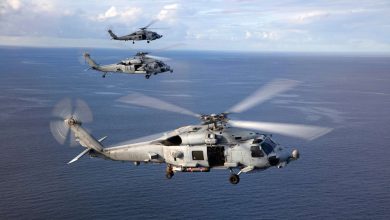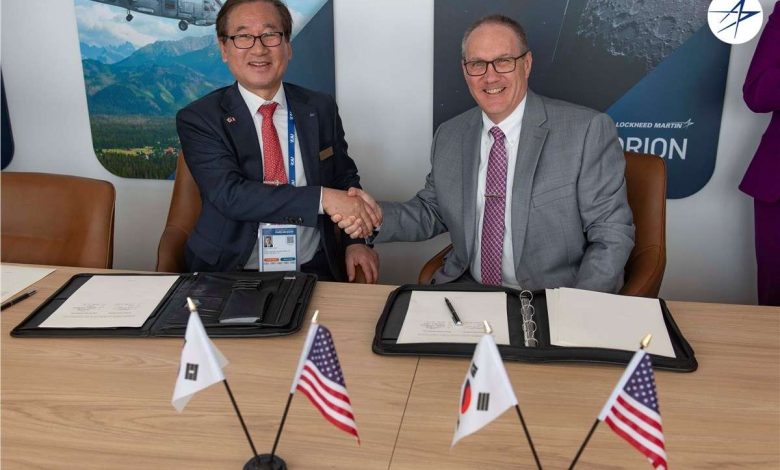
Elevating Horizons: The Dynamic Alliance between Lockheed Martin and KAI
Lockheed Martin and Korea Aerospace Industries (KAI) formalized a Memorandum of Understanding (MoU) at the 2025 Paris Air Show on June 17, aiming to enhance their existing collaboration on aviation systems to include rotorcraft manufacturing and next-generation platform development, space technologies, crewed-uncrewed integration, unmanned aerial vehicles, training systems, and logistical support.
The MoU, authorized by Lockheed Martin’s Chief Operating Officer Frank St. John and KAI’s President & CEO Goo-young Kang, builds on a long-standing alliance spanning over three decades, which began with the licensed assembly of the F-16 and progressed to encompass the T-50 supersonic advanced trainer, FA-50 light attack system, KF-21 multirole fighter, and logistical assistance.
“The expansion of our collaboration with KAI highlights our commitment to enhancing global security by partnering with U.S. allies to develop, manufacture, and sustain 21st-century deterrence strategies,” stated Frank St. John, the chief operating officer of Lockheed Martin. “By unifying the best skills, expertise, and technologies from both the United States and Korea, we aim to enhance capabilities, protect jobs, and generate economic benefits for both nations.
KAI has maintained a robust and lasting partnership with Lockheed Martin, a leading global defense company for the past 30 years through collaborative ventures, technological exchanges, and industrial partnerships. The continuation of our association with Lockheed Martin will further strengthen our involvement in the current aircraft and fighter markets, including with U.S. and international allies,” remarked Goo-young Kang, President and CEO of KAI.
“We are already working collaboratively on various initiatives and look forward to working with the Lockheed Martin team to advance concepts with cutting-edge technologies in rotorcraft, crewed-uncrewed integration, autonomy, and unmanned aerial vehicles. This will facilitate the sustainable growth of our military clients’ capabilities and partners, potentially generating local economic value.”
The organizations have initiated the effort to explore opportunities for extending their cooperation, including ongoing projects related to the T-50 and FA-50 export programs, such as the U.S. Navy Undergraduate Jet Training System.






